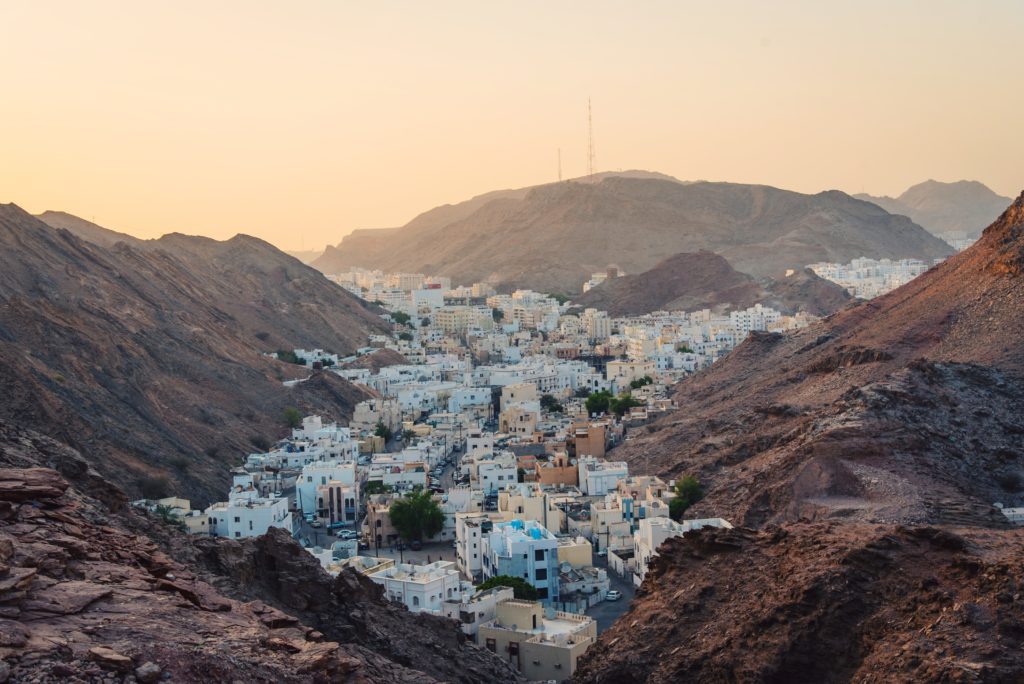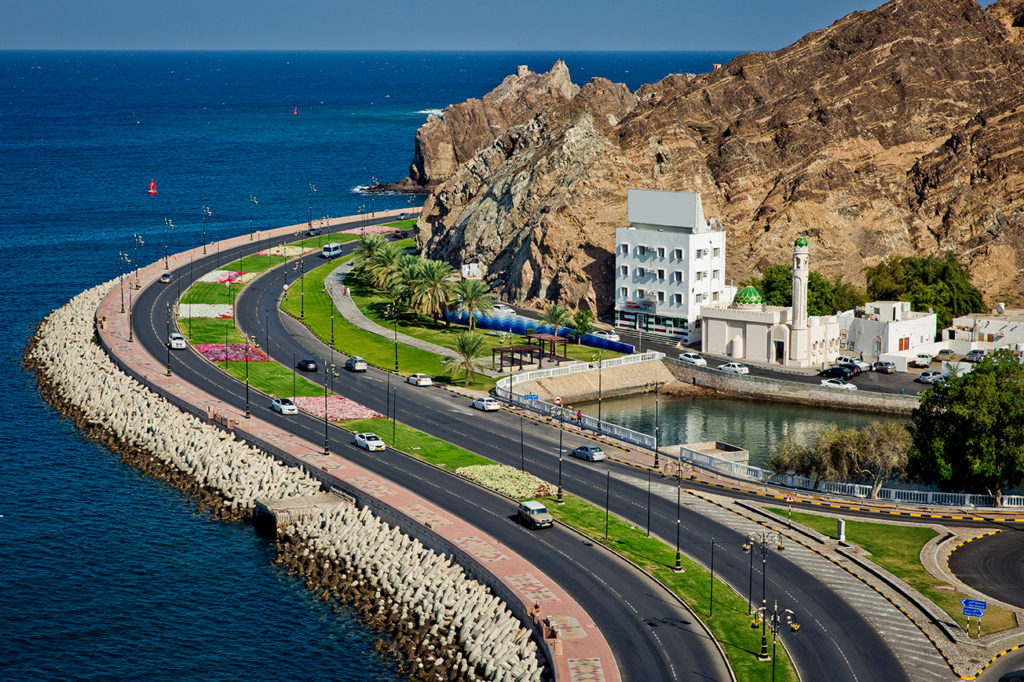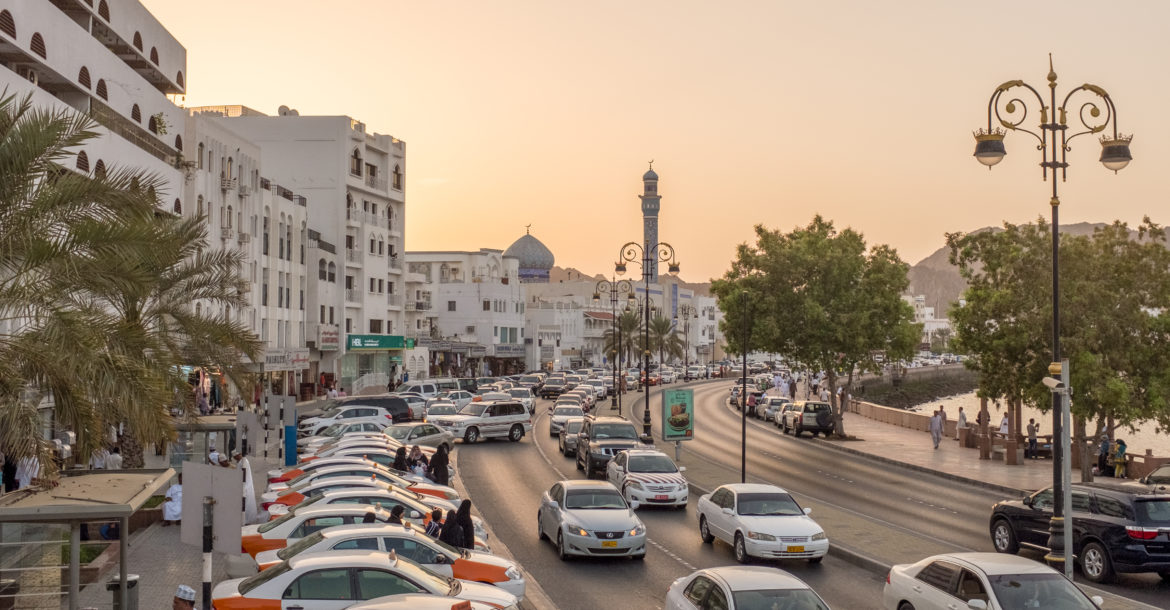By Prasad Panicker
A war cry splashed in a big, bold typeface on a red background said: “Finish it”. That was one of my Facebook friends who, like me, is now back in India for good after two decades of Gulf life. ‘It’, in the post-Pulwama days, obviously referred to Pakistan.
Jingoism has been sweeping across India soon after the Pulwama attack by Pakistan-based armed group Jaish-e-Mohammed, and some reactions, from silly to outrageous, make me travel back in time.
Read More
The year was 1999. Around 1am four of us walked out of our office tired after putting the edition to bed, bid goodnight and safe journey to one another and headed for our homes. A normal, routine affair in our night life, except for the fact that we were a curious — under the circumstances prevailing in that June— gang of four: one Indian and three Pakistanis living in Muscat and working under the same roof in the times of Kargil conflict. The edition we had just finished had a fair splash of the Kargil conflict, both in the front and inside pages.
June was also the time we, both Indians and Pakistanis living outside our home countries, eagerly waited for the fleshy, juicy but unpretentious beauties from Pakistan to land in Muscat. They — the mangoes — always came in disgusting, dangerous outfits — inside wooden boxes with sharp nails driven all over protruding ominously: you really need to handle with care. Nails part apart, the mangoes cost almost nothing and they were worth every baisa spent.

June was also the time we, both Indians and Pakistanis living outside our home countries, eagerly waited for the fleshy, juicy but unpretentious beauties from Pakistan to land in Muscat. They — the mangoes — always came in disgusting, dangerous outfits — inside wooden boxes with sharp nails driven all over protruding ominously: you really need to handle with care. Nails part apart, the mangoes cost almost nothing and they were worth every baisa spent.
During my more than two decades of stay in the Gulf I had wonderful relations with Pakistanis from various walks of life. Some treated me to the choicest mangoes, others took me out to restaurants that dished out Pakistani cuisine and yet others extended invitations to mushairas. Do they want to finish me, or do I need to finish them, now that we no longer need to deal with each other face to face? Was it all a big, odious lie: the hugs, the handshakes, the smiles, the well wishes…?
One of the virtues of Gulf life was the opportunity it provided one with the privilege to interact with and get to know better people from various parts of the world: the Americans and the Africans, the Brits and the Brazilians, the Filipinos and the Fins, the Czechs and the Chinese… Though Pakistanis and Indians share a lot of common things, like culture and cuisine, few in India or Pakistan who normally would spend all their lives within the boundaries of their countries get to know the other up, close and personal.

Could the warmth and respect that existed between people belonging to both countries vanish as soon as they get back to their homelands? Is ‘finishing’ any one of the two the ultimate answer to any of the problems?
People — millions and millions of people — on both sides of the divide have nothing to do with the violence the world got to hear about now, in the past or in the future. They just want to live in peace. Militancy and jingoism are no way to settle any conflict
About the writer: Prasad Panicker is the former editor of Times of Oman newspaper and had spend more than two decades in the Gulf.






